Guinea-Bissau
There’s growing uncertainty in Guinea-Bissau following a disputed post-electoral outcomes. The opposition leader Umaro Sissoco Embalo took his own presidential oath late February without a final ruling from the Supreme Court.
On the streets of Bissau, residents are worried about renewed tension and growing weariness of the political class.
“We can no longer tolerate these delays in Guinea-Bissau because of political problems! It’s always the people who pay the consequences. They don’t make the slightest sacrifice for our well-being. They just wear us out and we get nothing out of it. Why?, Zeca Nunos Correia queried.
For Jurdao, a supporter of the PAIGC “Our families are concerned, they call us from the village every day. We tell them to calm down because we hope nothing will happen. They can continue their political quarrels as they want, we have already finished our work.”
One of the poorest countries in the world, Guinea-Bissau has suffered prolonged instability since its independence, with the army often playing a major role. The country has suffered four coups and 16 attempted coups since 1974, the last one in 2012.
AFP




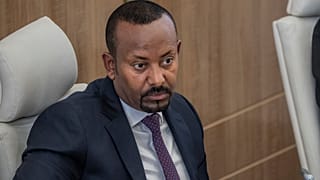
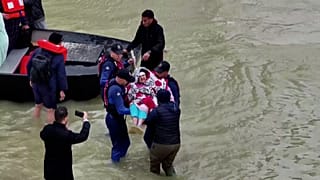
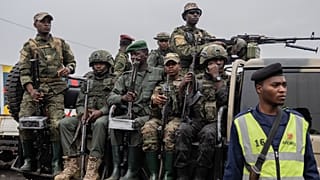
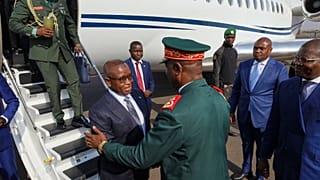
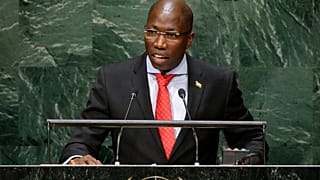

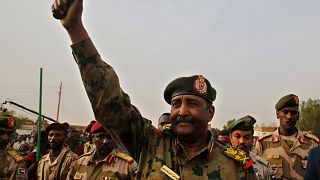
Go to video
Amadou Oury Bah re-appointed prime minister under Guinea's new government
01:00
Ivory Coast's Ouattara makes brother deputy PM in reshuffle
00:59
Guinea-Bissau set to hold general elections on December 6
02:01
Tension grips Kampala as Museveni leads and residents await election results
00:59
Cameroon opposition leader denies talks with government
01:26
Tanzania President Expresses Regret Over Election-Day Internet Shutdown